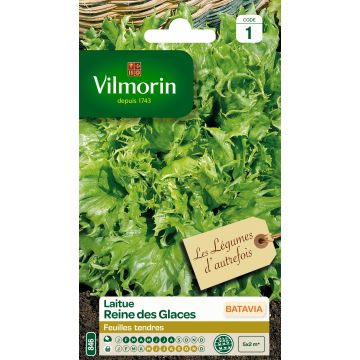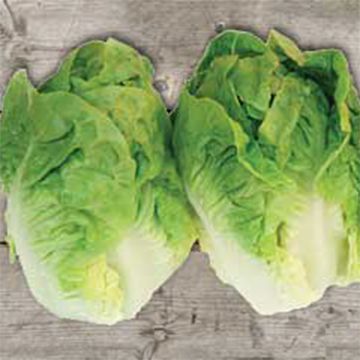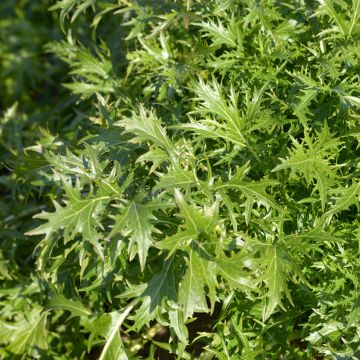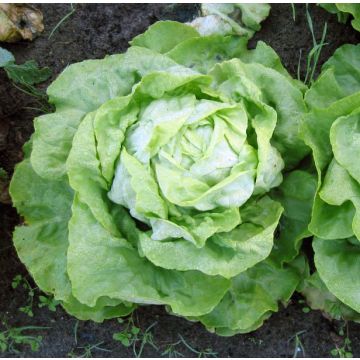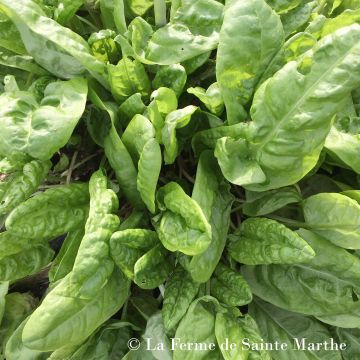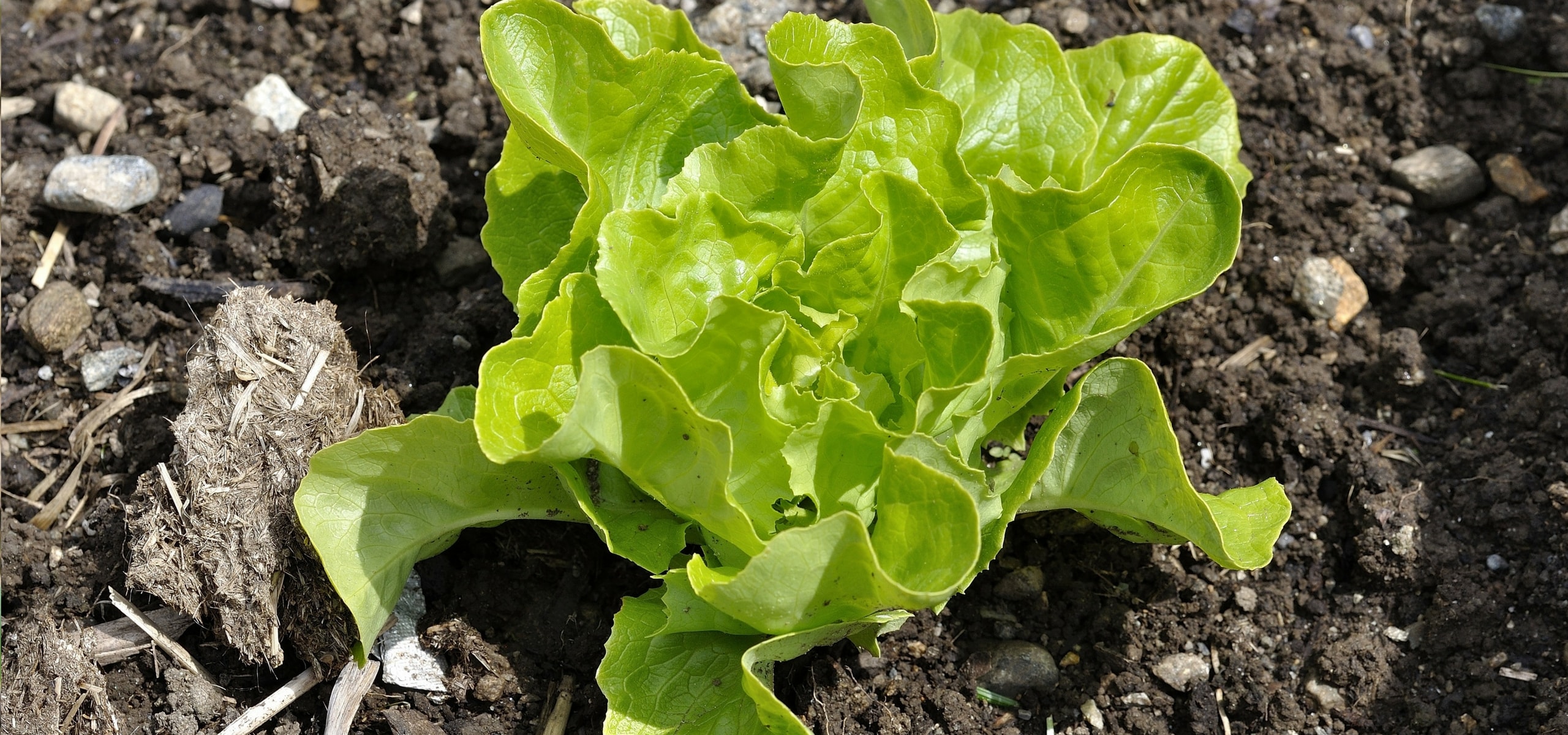
How to succeed in sowing salads?
The complete guide for abundant harvests
Contents
Sowing salads (lettuces, batavias, curly chicories, escaroles, and romaines) is a key step to achieving beautiful harvests throughout the year. Whether you wish to sow directly in the soil, in buckets, or in trays, it is essential to properly prepare the soil: a rich, cool, light, and well-drained substrate will promote the rapid germination of seeds. But when should you sow the different varieties? How can you prevent bolting or protect your young shoots from slugs and snails? Discover all the tips for successful sowing, from February to September, with methods tailored to each season and climate. Ideal temperature, spacing, watering, thinning… Follow our advice to grow beautiful, crunchy, and tasty salads right in your vegetable garden!
Where to sow lettuces?
Sowing salads (Lettuces, Batavias, Romans, Escaroles or Frisée…) is simple to carry out. It is done in open ground, from February for early varieties known as “spring” types, until the end of September for late varieties, known as “winter” types.
Salads thrive in all rich, fresh, light soils, neutral or slightly acidic. Before sowing, make sure to finely work your soil with a broadfork, to a depth of at least 20 cm (with a shallow root system, salad requires loose soil) and incorporate into poor soils, compost or well-decomposed manure, at a rate of 2 kg per m².
Salads need sunlight to thrive, but are sensitive to extreme heat. The first and last sowings of the year are done in full sun, while the others are in partial shade.
Read also
Salads: buyer's guideWhen to sow salads?
Sowing of salads takes place from February to the end of September.
Salad seeds germinate quickly (allow 4 to 10 days) and require a temperature between 5 and 20° C to sprout.
They can be classified into major families:
- Lettuces can be sown almost all year round, from February to the end of September,
- Chicories, including escaroles, curly varieties, and wild chicory, are sown from April to the end of August.
No need for a heated shelter, sowing can be done either directly in the ground or in a bucket or seed tray for later planting.
Discover other Salad leaf seeds
View all →Available in 1 sizes
Available in 1 sizes
Available in 1 sizes
Available in 1 sizes
Available in 1 sizes
Available in 1 sizes
Available in 1 sizes
Available in 1 sizes
Available in 1 sizes
Available in 1 sizes
How to sow your salads and lettuces?
Case number 1: the weather is mild: neither too hot nor too cold, and your soil is clean and not heavily frequented by slugs?
Sow directly in the ground:
- Draw furrows spaced 30 to 35 cm apart, to a depth of 0.5 cm.
- Sow thinly, in rows spacing the seeds about 4 cm apart or in clusters of 4 or 5 seeds spaced 25 to 30 cm apart.
- Cover with fine soil and proceed with a first watering, using a fine spray to avoid displacing the seeds.
- Keep the soil moist.
After germination, when the plants are well developed, thin them out to leave one plant every 30 cm.
Case number 2: temperatures are either too cool or too hot, or your garden is teeming with slugs and snails?
Sow in seed trays or buckets and transplant when the plants are strong:
- Fill a seed tray or buckets with seed compost.
- Sow thinly or place 2 to 3 seeds at a depth of 0.5 cm.
- Cover, water gently, then place your seedlings in a cold greenhouse or in a slightly sheltered but sunny spot (such as a windowsill). In summer, prefer the coolness of a shaded corner.
- Keep the substrate moist, but not waterlogged.
About ten days after germination, keep only the most vigorous seedlings. Finally, plant in the garden when the plants are well developed (minimum 4 true leaves), maintaining a distance of 30 cm in all directions. Preparing plants may seem tedious, but it allows your salads to develop in a favourable environment. Vigorous at planting, with a well-developed root system, they will be better equipped to face the hostile world. And, unlike direct sowing, you won’t have to thin them out.
⇒ Find our tips in our advice sheet: growing lettuces under cover
→ And you, what are your tips for successfully sowing salads? Feel free to share them in the comments.
- Subscribe!
- Contents

































